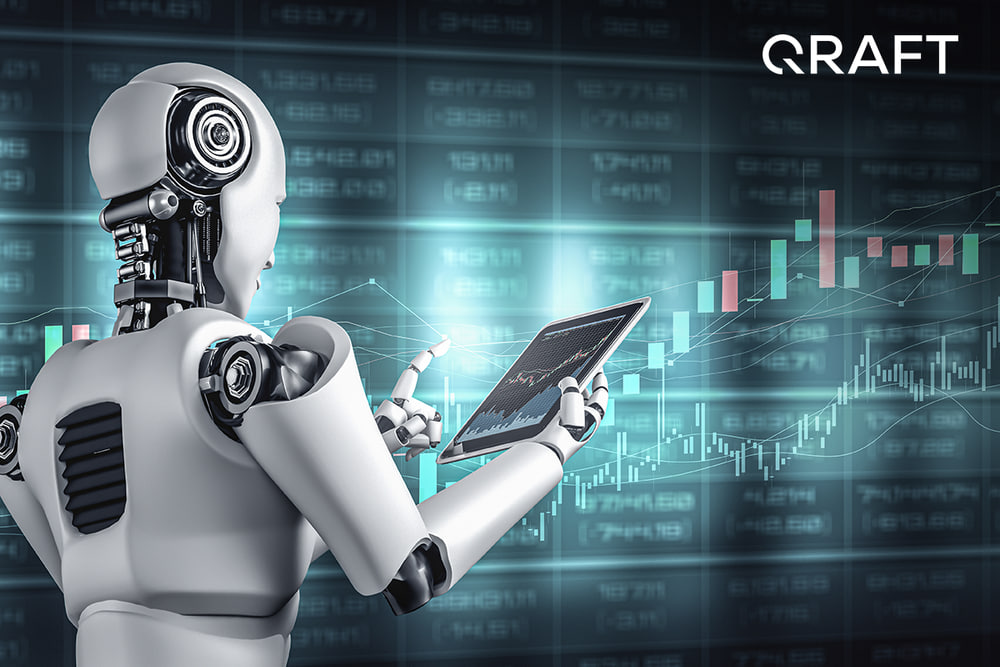AI Agents: The Next Frontier in Artificial Intelligence – Revolutionizing Work as We Know It
Meta Description: Dive deep into the emerging world of AI Agents, exploring their capabilities, market impact, and implications for the future of work. Learn about OpenAI's Operator, Google's Project Mariner, and the race for AI-powered automation. Understand the potential and challenges of this revolutionary technology. #AIAgents #ArtificialIntelligence #AIRevolution #FutureOfWork #OpenAI #Google #Automation
The air crackles with anticipation! The tech world is buzzing, not just about incremental improvements to existing large language models (LLMs), but about something far more transformative: AI Agents. Forget the incremental "race to the top" in benchmark scores; the real game-changer is here. We're talking about AI stepping out of the chat box and into the real world, acting as your tireless, highly skilled digital assistants, capable of handling complex tasks autonomously. This isn't just hype; titans like OpenAI, Google, and Salesforce are pouring resources into this technology, battling for dominance in what promises to be a multi-billion-dollar market. OpenAI's upcoming "Operator," whispered about in hushed tones during their recent Christmas livestream, is just one piece of this exciting puzzle. The implications? Prepare for a seismic shift in how we work, live, and interact with technology. This isn't just another tech upgrade; it's a potential paradigm shift, offering both breathtaking opportunities and daunting challenges. This in-depth analysis will equip you with the knowledge to navigate this exciting, and potentially disruptive, new landscape. Get ready to unravel the mysteries of AI Agents, understand their market potential, and explore their profound implications for you and the future of work.
AI Agents: The Dawn of a New Era in Automation
The excitement surrounding AI Agents isn't just hype. Major players like OpenAI, with their rumored "Operator" (a complex task-handling AI agent slated for a 2025 launch, potentially even sooner), Google, already showcasing Project Mariner (a nifty tool for booking flights and hotels), and Salesforce, already integrating AI Agents into their services, are all vying for a piece of this lucrative pie. This isn't just about incremental improvements to chatbots; it's a whole new ball game. We're talking about AI that can independently perform complex tasks, requiring multiple steps and interactions with various tools and services. Imagine an AI that handles your entire travel itinerary, from flight and hotel bookings to arranging ground transportation and even restaurant reservations – all without your constant intervention! That's the promise of AI Agents.
The shift away from simply focusing on LLM performance metrics is telling. Investors and industry experts are less interested in boasting about the latest "highest score" and more focused on practical applications, on tools that generate revenue. AI Agents, with their ability to automate complex workflows, are the perfect embodiment of this shift. They represent a tangible, marketable product, capable of delivering real value to businesses and individuals alike.
The Business Case for AI Agents
The allure of AI Agents for businesses is undeniable. The potential cost savings are huge. An AI Agent can work 24/7, without breaks, sick days, or vacations. This translates directly into increased productivity and efficiency, potentially reducing reliance on human employees for certain tasks. Salesforce CEO Marc Benioff even coined the term "the rise of the digital workforce" during a recent earnings call, highlighting the transformative power of AI Agents. This isn't just about replacing human workers; it's about augmenting their capabilities and allowing them to focus on higher-level, more creative tasks.
This is why OpenAI CFO Sarah Friar's seemingly bold statement about a potential $2000/month subscription service doesn't seem so outlandish. She argues that the value proposition is clear: a "doctoral-level" AI assistant capable of handling a vast array of tasks. The pricing model might even be value-based, scaling according to the tasks performed and the value generated – especially attractive in enterprise environments. This is a market ripe for disruption, and the early adopters are poised to reap significant rewards.
Understanding AI Agents: More Than Just Chatbots
Let's get one thing straight: AI Agents are not just glorified chatbots. While chatbots excel at providing simple, conversational responses, AI Agents are designed to handle complex, multi-step tasks. Think of them as autonomous software programs, capable of interacting with various tools and services (APIs, web browsers, databases, etc.) to achieve specific goals.
To book a flight, for example, a chatbot might just provide links to booking websites. An AI Agent, however, would autonomously search for the best flights based on your criteria, compare prices, and even complete the booking process. This autonomous functionality is the key differentiator. The goal is to minimize human interaction, automating tasks as much as possible.
The Challenges and Limitations of Current AI Agents
Despite the immense potential, AI Agents are still in their relative infancy. They're not perfect, and far from fully autonomous. As Fred Havemeyer, Head of AI and Software Research at Macquarie US Securities, points out, they aren't single, monolithic models. Instead, effective AI Agents likely require a complex interplay of multiple models, coordinated by a "supervisor" layer to route tasks efficiently. The ideal, truly autonomous AI Agent capable of translating abstract goals into concrete steps, is still in the future. This requires advancements in areas like planning, reasoning, and robust error handling.
The current generation of AI Agents often struggles with unexpected situations and requires significant fine-tuning to perform reliably. The "black box" nature of many AI models also presents challenges in terms of transparency and accountability. These limitations, however, are not insurmountable. As the technology matures, we can expect significant improvements in both capabilities and reliability.
What is an AI Agent?
The term "AI Agent" itself might sound a bit esoteric. It's a direct translation from the English term, which encompasses various meanings – from an entity with authority to a tool facilitating results. Future adoption in other regions may see more descriptive terms like "AI employee" or "AI assistant" emerge to better communicate the functionality to a broader audience. The purpose is to differentiate these tools from the prior generation of AI chatbots. Chatbots are reactive, answering questions and offering suggestions. AI Agents, in contrast, are proactive, actively pursuing objectives and completing multi-step tasks.
The Future of Work in the Age of AI Agents
The rise of AI Agents raises profound questions about the future of work. Anthropic co-founder Dario Amodei, in a widely circulated blog post, suggests that AI Agents might actually increase the value of human workers with unique, irreplaceable skills. While AI may excel at many routine tasks, human creativity, critical thinking, and complex problem-solving abilities remain valuable assets, as long as the tasks remain too complex, inefficient, or costly for AI to replace.
However, Amodei also acknowledges the long-term implications. As AI becomes more powerful and affordable, existing economic structures may become obsolete, necessitating a broader societal discussion about economic organization and resource allocation. This is a critical point that requires careful consideration as we move forward. The transformative power of AI Agents is undeniable, and adapting to this new reality is crucial for workers across all industries.
Frequently Asked Questions (FAQs)
Q1: What are the main differences between AI Agents and chatbots?
A1: Chatbots primarily offer conversational responses, while AI Agents autonomously perform complex, multi-step tasks involving multiple tools and interactions.
Q2: How much will AI Agents cost?
A2: Pricing models are still evolving. Some speculate on monthly subscription fees reaching thousands of dollars for high-level services, while others suggest a value-based approach.
Q3: Are AI Agents replacing human workers?
A3: Currently, AI Agents augment human capabilities, automating specific tasks, rather than completely replacing human workers. The long-term impact is still under debate.
Q4: What are the ethical considerations surrounding AI Agents?
A4: Ethical concerns include job displacement, bias in algorithms, transparency, accountability, and potential misuse. Careful regulation and responsible development are crucial.
Q5: Which companies are leading the development of AI Agents?
A5: OpenAI, Google, Salesforce, and several other tech giants are at the forefront, competing fiercely in this emerging market.
Q6: When will AI Agents become widely available?
A6: While early versions are already available, widespread adoption is likely to occur gradually over the next few years, as technology matures and becomes more reliable.
Conclusion: Embracing the AI Agent Revolution
The advent of AI Agents signifies a pivotal moment in the evolution of artificial intelligence. While challenges remain, the potential benefits are immense. The race is on, and the companies that master the development and deployment of effective, reliable, and ethically sound AI Agents will shape the future of work and technology as we know it. This is a revolution, and understanding its implications is crucial for everyone. The integration of AI Agents into various sectors promises to transform industries, boosting productivity and creating new opportunities, while presenting us with the urgent need to adapt and evolve. The future is here; let's embrace it wisely.



